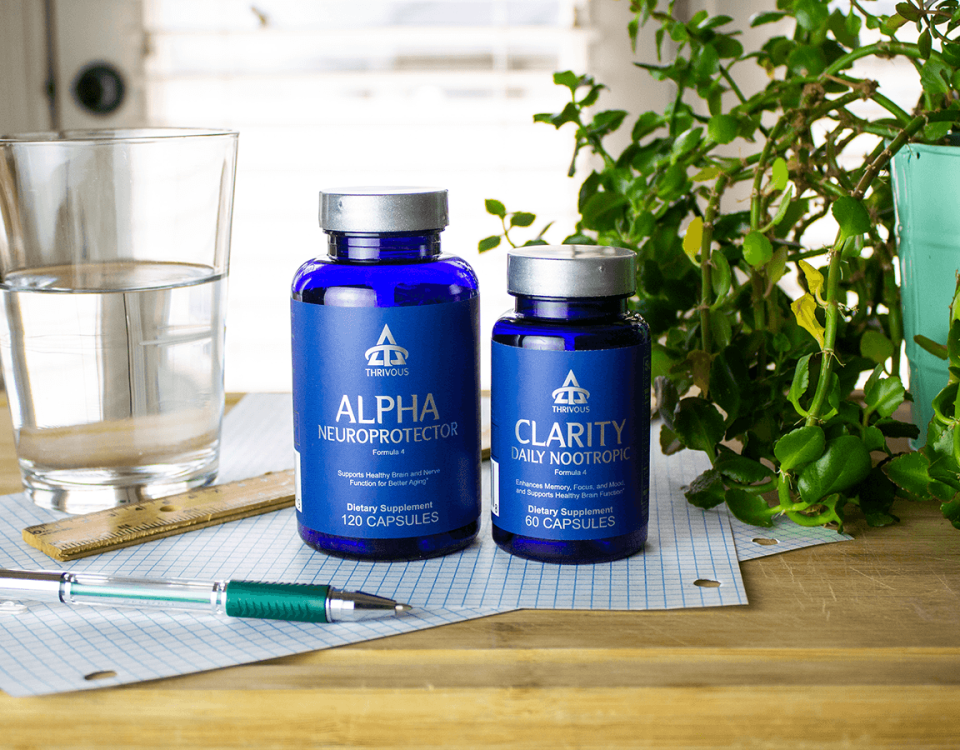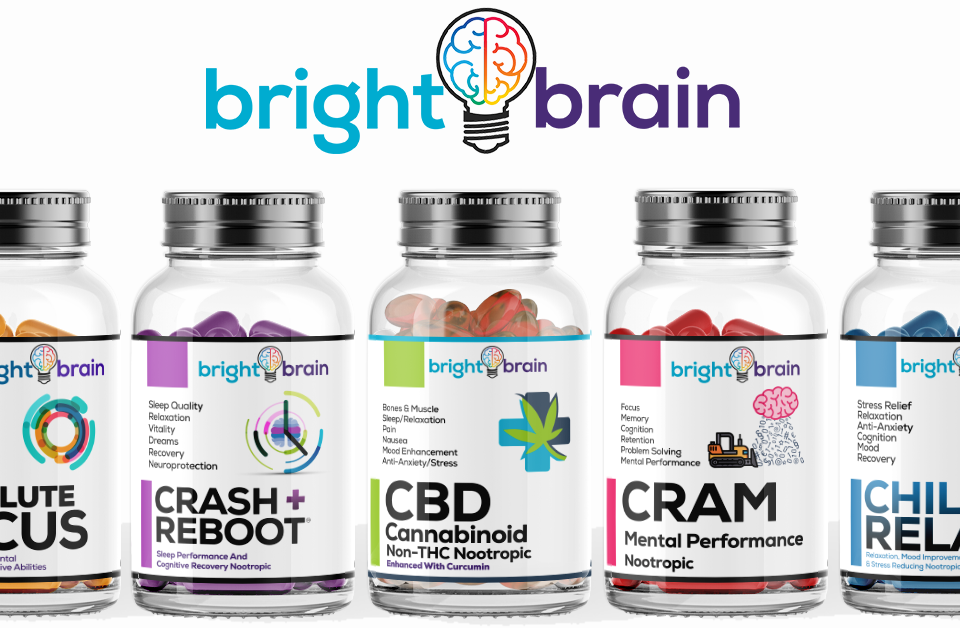Nootropics Caffeine
Caffeine is one of the most widely consumed and researched psychoactive substances, and while it may not fit the traditional definition of a nootropic, it is often considered a cognitive enhancer due to its effects on alertness and focus. Here are some ways in which caffeine may influence brain function:
-
Improved Alertness and Wakefulness:
- Caffeine is a central nervous system stimulant that can counteract the effects of adenosine, a neurotransmitter that promotes sleep and relaxation. By blocking adenosine receptors, caffeine promotes wakefulness and alertness.
-
Enhanced Cognitive Function:
- Caffeine has been shown to improve various aspects of cognitive function, including attention, reaction time, and memory. These effects are often attributed to its ability to modulate neurotransmitters such as dopamine and norepinephrine.
-
Mood Enhancement:
- Caffeine may have mood-enhancing effects by influencing the release of certain neurotransmitters. Some individuals report feeling more alert, motivated, and in a better mood after consuming caffeine.
-
Reduced Perceived Effort:
- Caffeine may alter the perception of effort during physical and cognitive tasks, making activities seem less strenuous or challenging. This can contribute to improved performance.
-
Short-Term Memory Improvement:
- Studies suggest that caffeine may have a positive impact on short-term memory and working memory, which are crucial for tasks that require temporary storage and manipulation of information.
-
Increased Dopamine Levels:
- Caffeine can increase dopamine release in the brain, which is associated with feelings of reward and pleasure. This may contribute to its mood-enhancing effects.
It's important to note that while caffeine can provide cognitive benefits, excessive consumption may lead to negative side effects such as jitteriness, increased heart rate, and disrupted sleep. Additionally, regular use can lead to tolerance, requiring higher doses to achieve the same effects.
Individual responses to caffeine vary, and some people may be more sensitive to its stimulating effects than others. It's advisable to consume caffeine in moderation and be mindful of its potential impact on sleep, especially if consumed later in the day.
While caffeine is a widely accepted and commonly used stimulant, individuals with certain medical conditions or sensitivities should consult with a healthcare professional before incorporating it into their routine. Additionally, combining caffeine with other nootropics or substances should be done with caution, and potential interactions should be considered.






